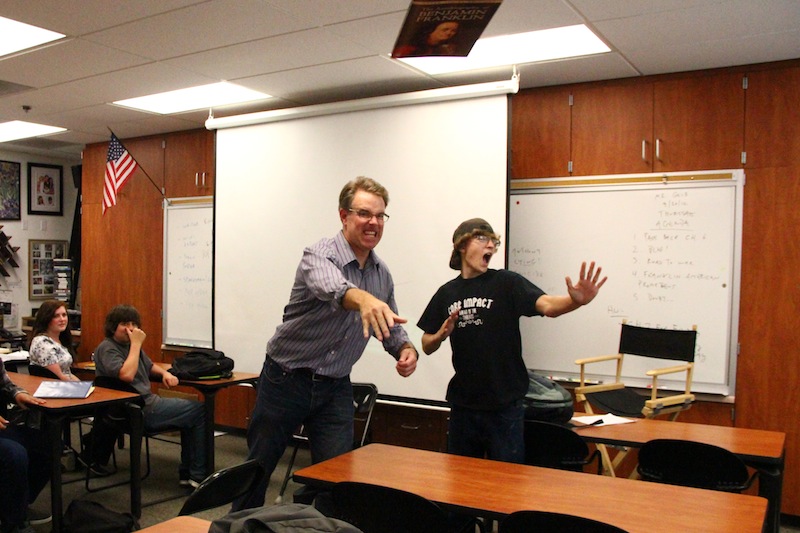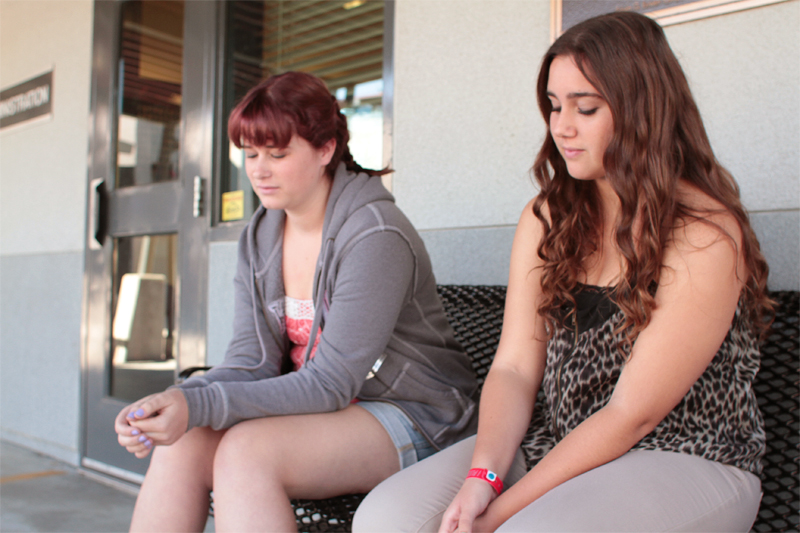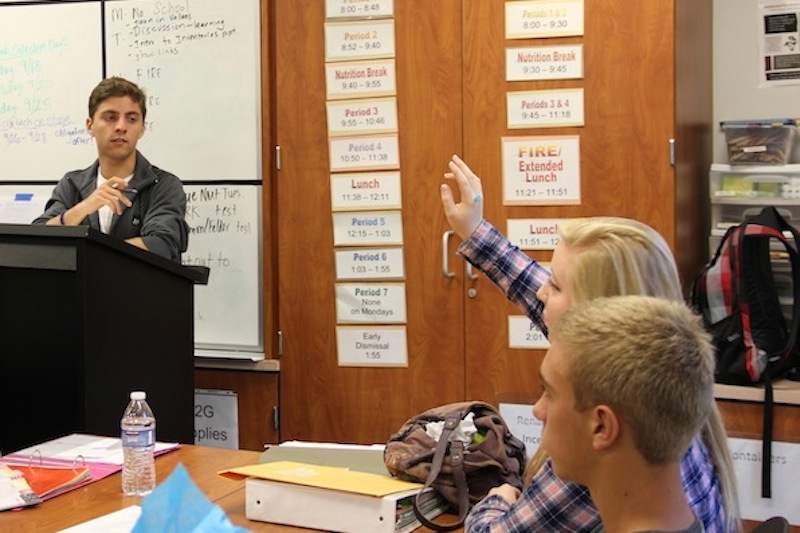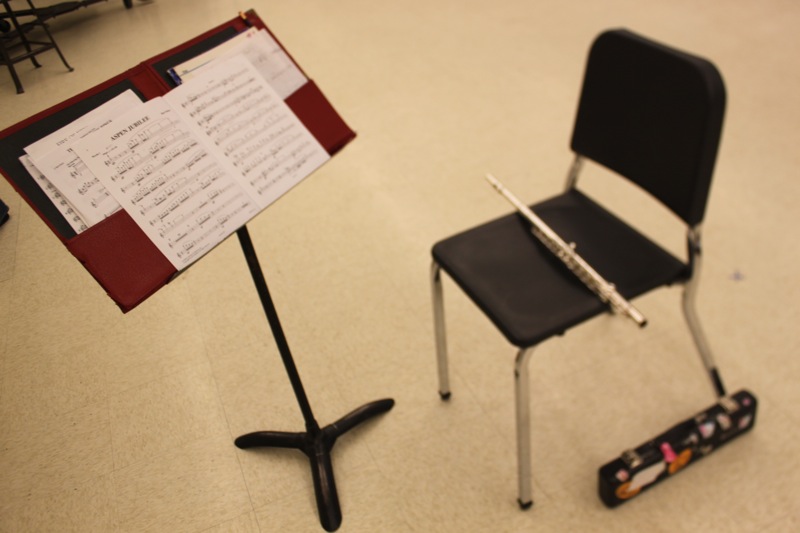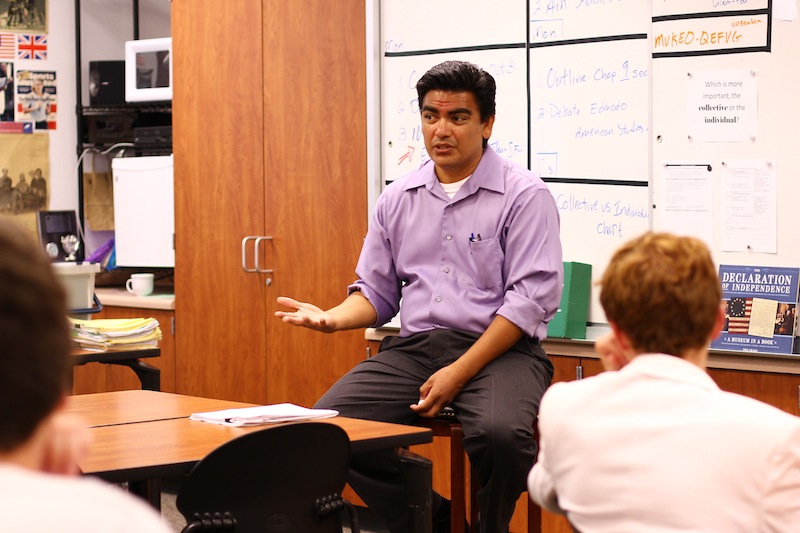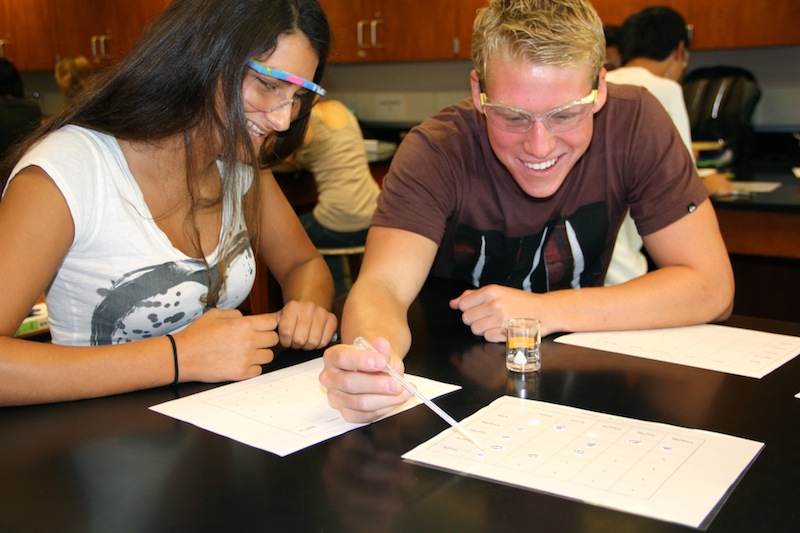
Assembly Bill 1575, a new bill that reinforces a law prohibiting schools from asking students for fees, may impact funding for Foothill’s science department and for the Bioscience Academy.
Students and staff are worried that integral parts of the Foothill’s science department will suffer under the reinforcements of the bill. Things such as labs, class materials and dissections are important to the interactive curriculum and have all largely depended on funding from students and parents in the past.
Macie Vega, who teaches biology and conceptual physics, said that labs are crucial to the science department.
“Labs help everyone learn, to be able to get up and get out of the classroom. I would be very disappointed if we had to scale back,” she said. {sidebar id=60}
Along with the required academic science classes, Foothill also offers the Bioscience Academy, which is designed for students who are interested in pursuing science-related careers, especially in the medical field. Because of the bill, the budget for the program may be impacted.
“The science department is dependent upon what families contribute. Costs of running Medtech and Biotech [are] dependent upon that,” biology, physiology, and Medical Technology teacher Mika Anderson said.
Although students in the Bioscience Academy are asked for a contribution to help fund the class, the program itself does not rely mainly on contributions.
“We receive some funds [from a grant] called Perkins from the state that is for career technical education. We have always asked for donations and have done a good job submitting grants to secure additional funding when needed,” Bioscience Academy Director Darcy Duffy said.
They hope that this grant will enable them to sustain themselves without having to rely heavily on student donations.
“We are thankful for the grant opportunities that are available, especially for science as this has kept us afloat for many years now,” Duffy said.
Junior Claire Jurgensen joined Bioscience her sophomore year and thought that asking for student donations was reasonable.
“One hundred dollars each year for scrubs and supplies is asked. But I’m sure if you had troubles with it they would be more lenient. It’s just to help us do the things we want,” she said.
Students saw the asked donation though as a small price to pay for all that the program offers them.
“It’s the first time I’ve had something I’m really passionate about. It provides a lot of opportunities and bonding friendships for three years,” Jurgensen said.
“I would still pay anyways because they’ve been asking for it in past years. A lot of lab science is involved which is a career that I specifically want to go into,” said Bioscience Academy member Carly Bell.
Students and teachers have both expressed the willingness to still contribute in light of the bills restrictive circumstances.
“If I can’t ask students to buy supplies, then I’m going to try myself. A lot of teachers are going out of their way to supply students,” Vega said.
Duffy sees both the good and bad that this bill will bring.
“I think students at other schools might now feel like they can try out for a program that was costly since they do not have to pay, but otherwise I see mostly opportunities for students being limited,” she said.
Ultimately, the science department hopes to continue the opportunities it provides its students without having to downsize.
“Everybody does agree with free education. The thought behind it is valid. But you should at least contribute a minute amount to the things that benefit you,” Anderson said.


